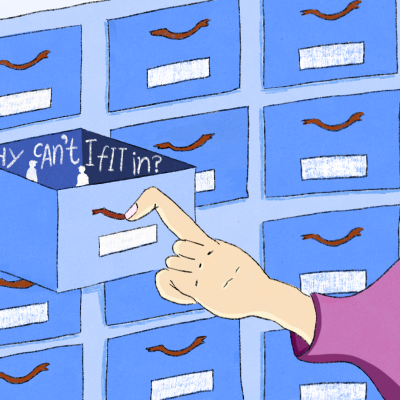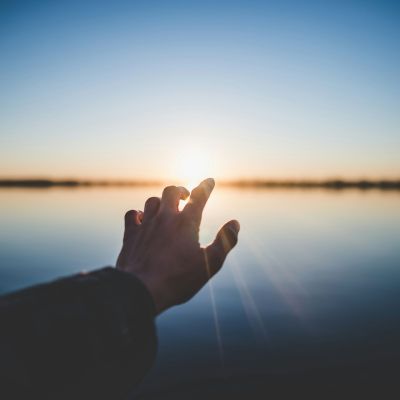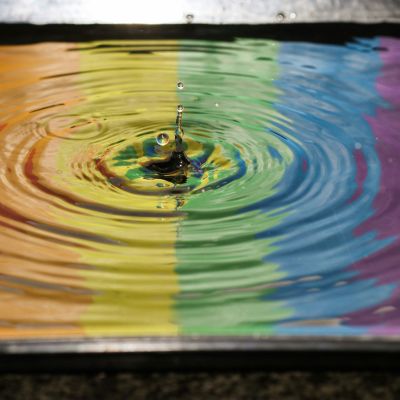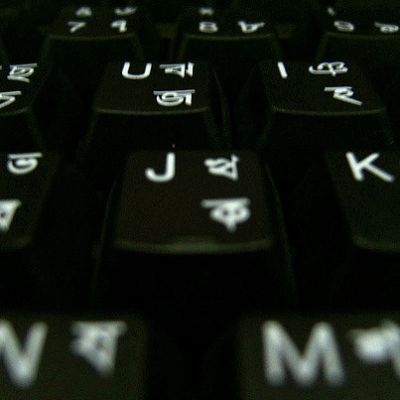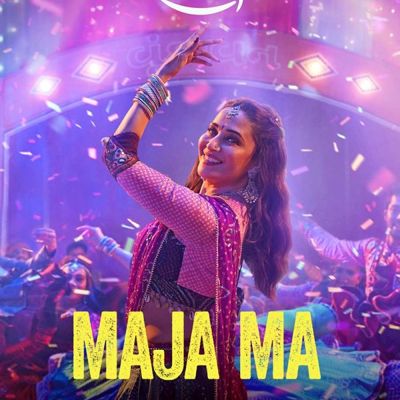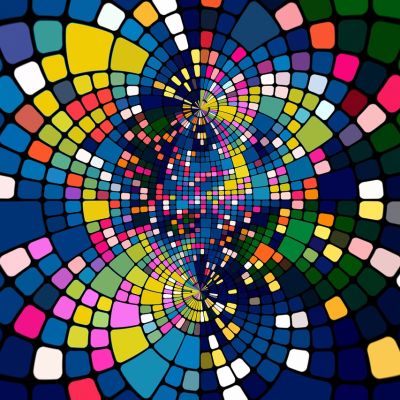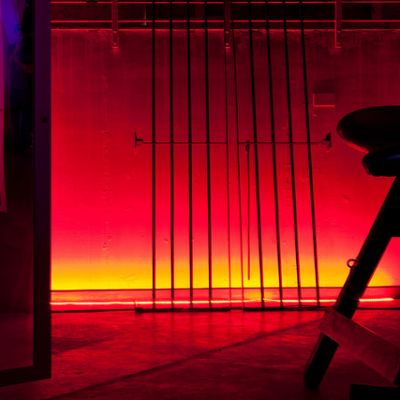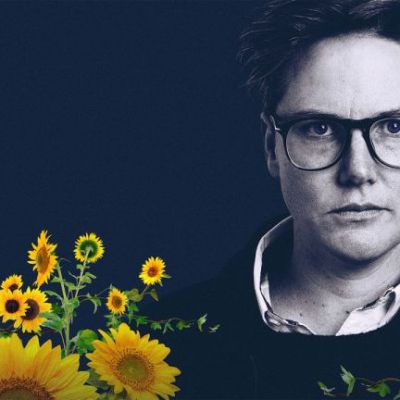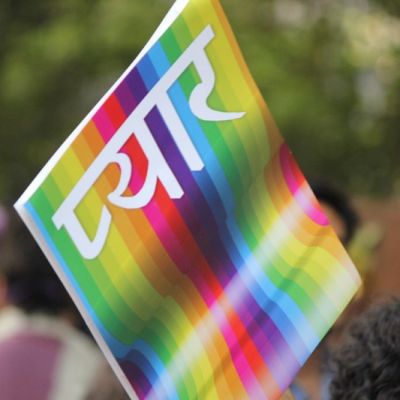Coming Out
…when both of us speak about the way we engage in our workspaces, we find common contradictions and barriers. How does a queer person navigate these barriers, constantly negotiating when, where and on what terms to engage? To be seen or to remain unseen?
It was not uncommon for me to feel like an imposter, helping others connect with themselves while struggling to do the same myself.
To queer something is to disrupt normative frameworks, to imagine and create new modes of being (Pirani & Daskalopoulou, 2022)….
पूरे देश में ऐसे कई क्वीयर लोग होंगे जो अपनी ‘मातृभाषा’ में अपनी क्वीयर पहचान को एक नाम देने में नाकामयाब रहे हैं।
This reconciliation between Pallavi’s public (seemingly) heterosexual and closeted lesbian identities points to a distinctly Indian way of avoiding polarities through a new social arrangement where both identities are allowed the space to flourish.
I felt naked in front of everyone when I first came out, and I can’t stress enough how much my male privilege has helped me out here. I don’t even know if people found it serious enough to consider it my identity instead of ‘a mere sexual preference’ or ‘a phase’ (always a classic dismissal).
I had risked so much already, not just by loving another woman, but by acting on my desires. By allowing myself to feel intimacy and connection with another queer person. Despite feeling guilt and shame, this risk had become increasingly vital to take.
It is rather edifying to find information that one can relate to through a solitary rectangular box. Over time, this solitary box somehow stuck around while everything around it changed as the world moved even further into a digital era.
Is there anything about my sexuality that is private anymore? What happened to the unspoken rule of not discussing one’s sexual life in the open? What happened to the sleazy jokes and the complete silence around sexuality that I remember from the previous generation?
Will I write openly about what is or is not done, what is or is not meaningful when it comes to sexuality? Yes. Will I talk about BDSM and kink as a way of life, despite it being taboo for discussion? Yes, I will talk about BDSM and kink, and many other things as well, but I will not evangelise for them.
In the short film, Baby Steps, a seemingly mundane Skype conversation between a mother and son turns into something more.
In Nanette, Hannah Gadsby’s hour-long Netflix special that transcends the very notions of stand-up comedy, forces of reclamation, protest, and rage culminate to form a darkly hilarious but heartbreaking diatribe against patriarchy, heteronormativity, violence and marginalisation.
Many queer Indians who converse largely in their respective regional languages find it difficult to put a name to their queer identity in their ‘mother tongue’.
This post is part of TARSHI’s #TalkSexuality campaign on Comprehensive Sexuality Education in collaboration with Youth Ki Awaaz. The author chose to remain anonymous. “So how…

